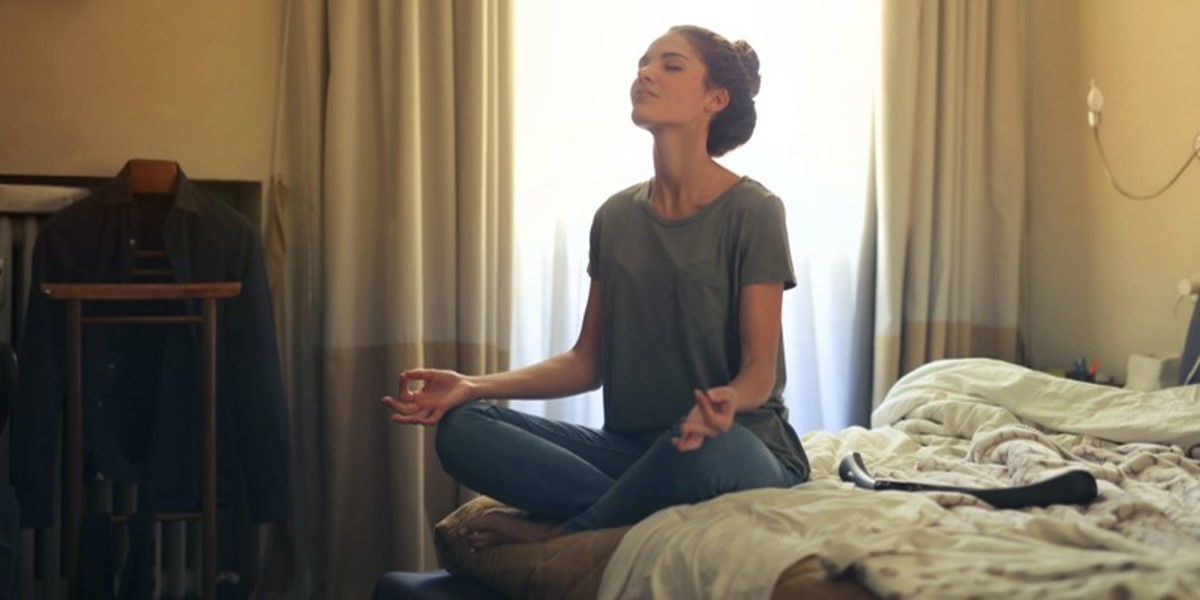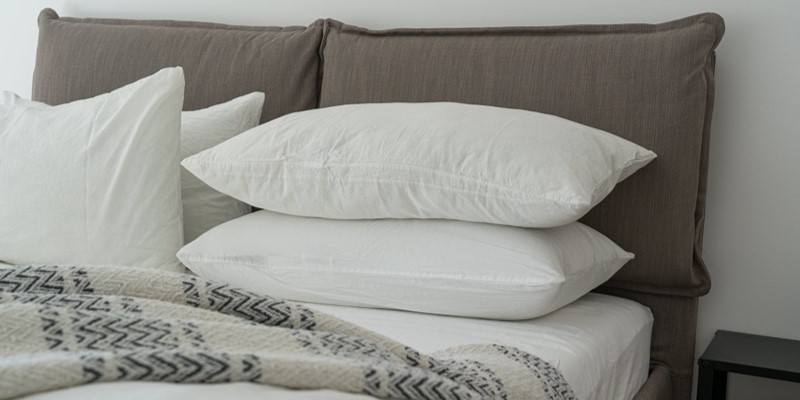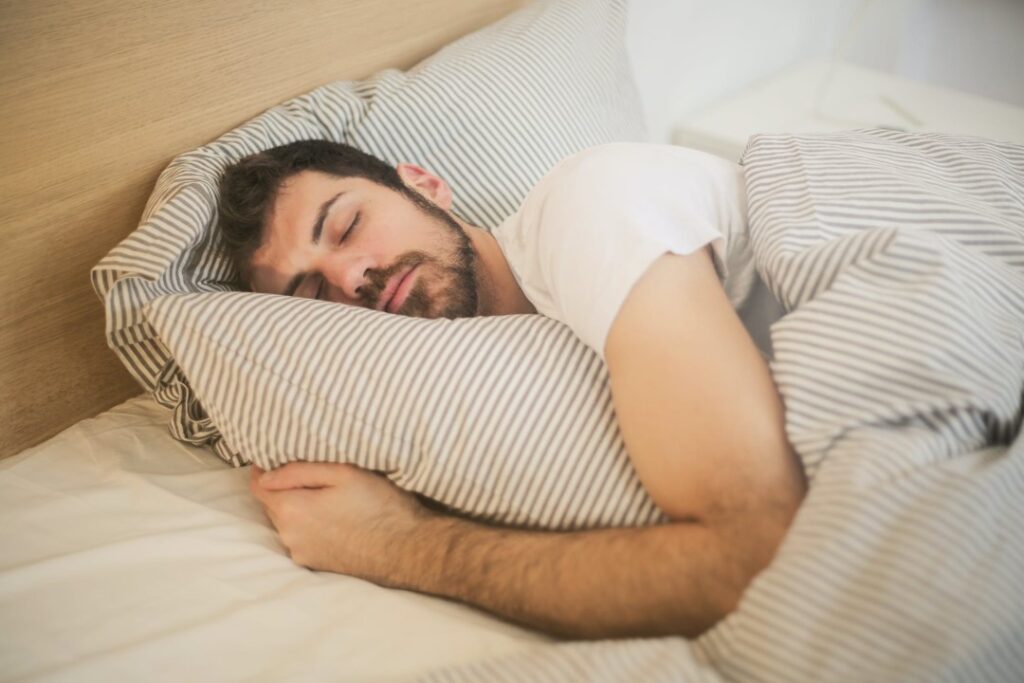Excessive stress before sleep is one of the biggest reasons as to why you may experience a restless night. If you are able to find ways to reduce stress before sleep then you will notice an amazing change to not only the amount of sleep you are getting, but also the quality of the sleep that you will have. Not all sleep is the same. It is now commonly known that there are two types of sleep, REM (rapid eye movement) sleep and non-REM sleep.
Non-REM sleep occurs in three stages. Stage one of non-REM sleep occurs during the short period of time after you first fall asleep. This leads into stage two, the time in which you will spend the most time. This is when you are lightly sleeping. Stage three non-REM sleep is the period of deep sleep that refreshes you the most. REM sleep is the period of sleep when your eyes move rapidly and your breath quickens. Movement will be common during this period and heart and blood pressure will rise. Getting these three stages is the key to getting a good night’s sleep and having high levels of stress can be incredibly detrimental to this. In this article we will outline three great ways of achieving stress relief before sleep to change your sleeping habits.
Limit Alcohol and Caffeine Consumption Before Bed
This may seem like an obvious tip for getting a better night’s sleep, but often people will use either caffeine and alcohol before bed to achieve a better night's sleep. This will actually have the opposite intended affect. Whilst alcohol may get you to fall asleep quicker due to its sedative properties, the quality and amount of sleep that you get after drinking will be greatly affected. Your body will have to work harder than normal to break down the alcohol in your system. This can often overwork your system and will lead you to staying awake for longer or waking up in the night.
Coffee, energy drinks, and tea all contain caffeine. Much like alcohol, cutting out caffeine can be a great way of reducing stress before sleep. Caffeine is usually the most effective 30-60 minutes after consumption. Caffeine has been proven to block the adenosine receptors in the brain. This is a sleep-promoting chemical that is built up the longer you are awake. Caffeine will keep you awake whilst also blocking adenosine making it much harder to fall asleep no matter how long you are awake. If you are needing to reduce stress before sleep, making sure you do not consume caffeine or alcohol before heading to bed is a good place to start.
Practice Mindfulness Techniques

In recent times mindfulness has become a popular means of controlling not only your thoughts but also your physical and general mental wellbeing. There are countless mindfulness techniques that can be employed to change how your body behaves, including how well you sleep. Practicing a mindfulness technique that works for you is a great means of stress relief before sleep. Some of the techniques that you can practice include:
- Meditation
This is perhaps the most popular form of mindfulness technique that can deliver excellent results. Meditation has been recorded as being practiced as far back as 1500 BC and is an excellent way of calming the mind and body to relieve stress, anxieties or depression. Meditation is designed to put the practitioner into a state of relaxation, focusing the attention from thoughts to elsewhere. For sleep, this can be a great way of settling the mind before attempting to get a night’s rest.
- Yoga
Whilst it may seem like a highly physical activity, yoga requires high levels of mindfulness that can benefit both mentally and physically. When you practice yoga, you are attempting to pull your focus into your body and away from rushing thoughts. Many yoga poses include mindfulness techniques such as focused thinking and some meditation in order to put the practitioner in a calmer state of mind.
- Breathing Exercises
There are many different types of breathing exercises that can provide the practitioner with the results that they are looking for. In terms of reducing stress before sleep there are certain exercises involving breath that you can do in order to achieve a good night’s sleep. One of these is 7-11 breathing. 7-11 breathing involves breathing in through the nose for seven seconds and then out of the mouth for 11 seconds. This technique is repeated for around 10 minutes and is a quick and effective way of calming the mind, reducing anxious thoughts and stress levels.
Optimise Your Sleeping Environment

This may seem obvious but sleeping in a cluttered, uncomfortable room is the first mistake people make when they are trying to sleep. The very first thing you should be doing is finding a mattress that is right for you. Whether it’s pocket sprung or memory foam, there will be a certain type of mattress that suits the way you sleep. You can then turn your attention to the rest of the room. If you can’t sleep with light in the room then you should consider getting blackout blinds or curtains, or even covering smaller lights in your room such as TV standby lights, charging lights or plug sockets. Other changes you can make to ensure your sleeping environment is perfect for you include tidying away clutter, placing clocks and phones further away from the bed, and getting bedding that you find comfortable. Some people will like a thick duvet whereas others will only sleep with a sheet, it is completely personal preference.
If you would like any further information regarding how to relieve stress before sleep, or if you would like to ask a question regarding any of our products available to buy online, please feel free to get in touch with a member of our team today.


